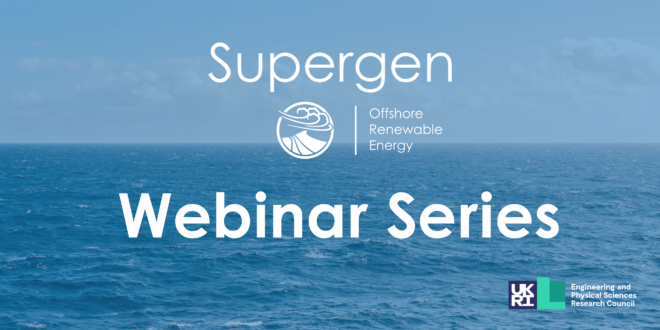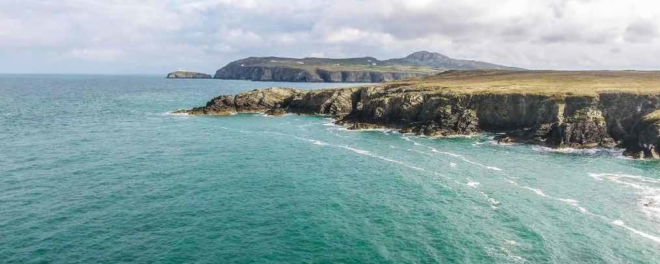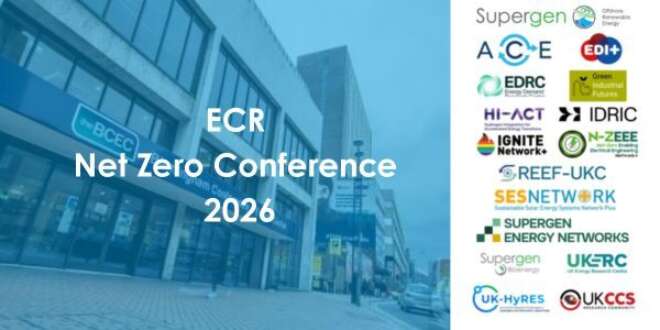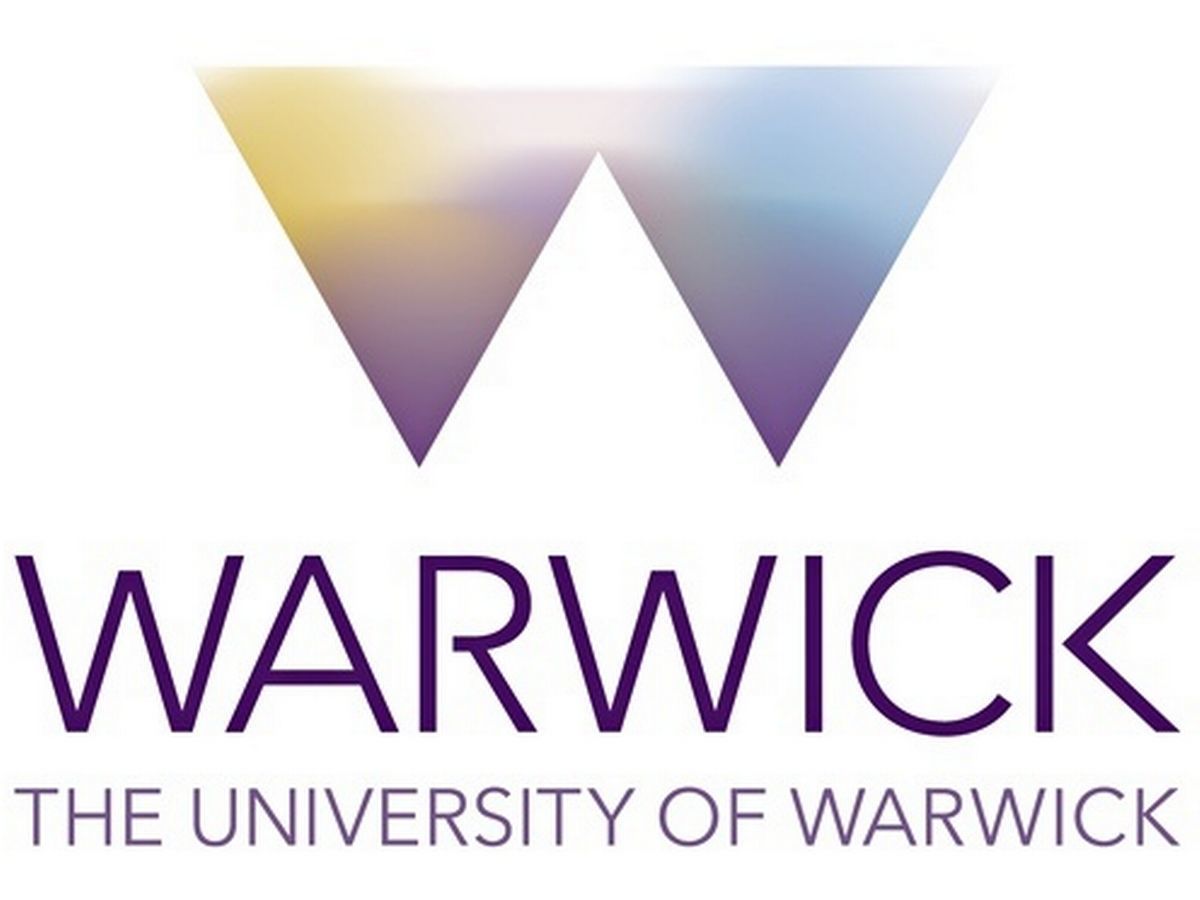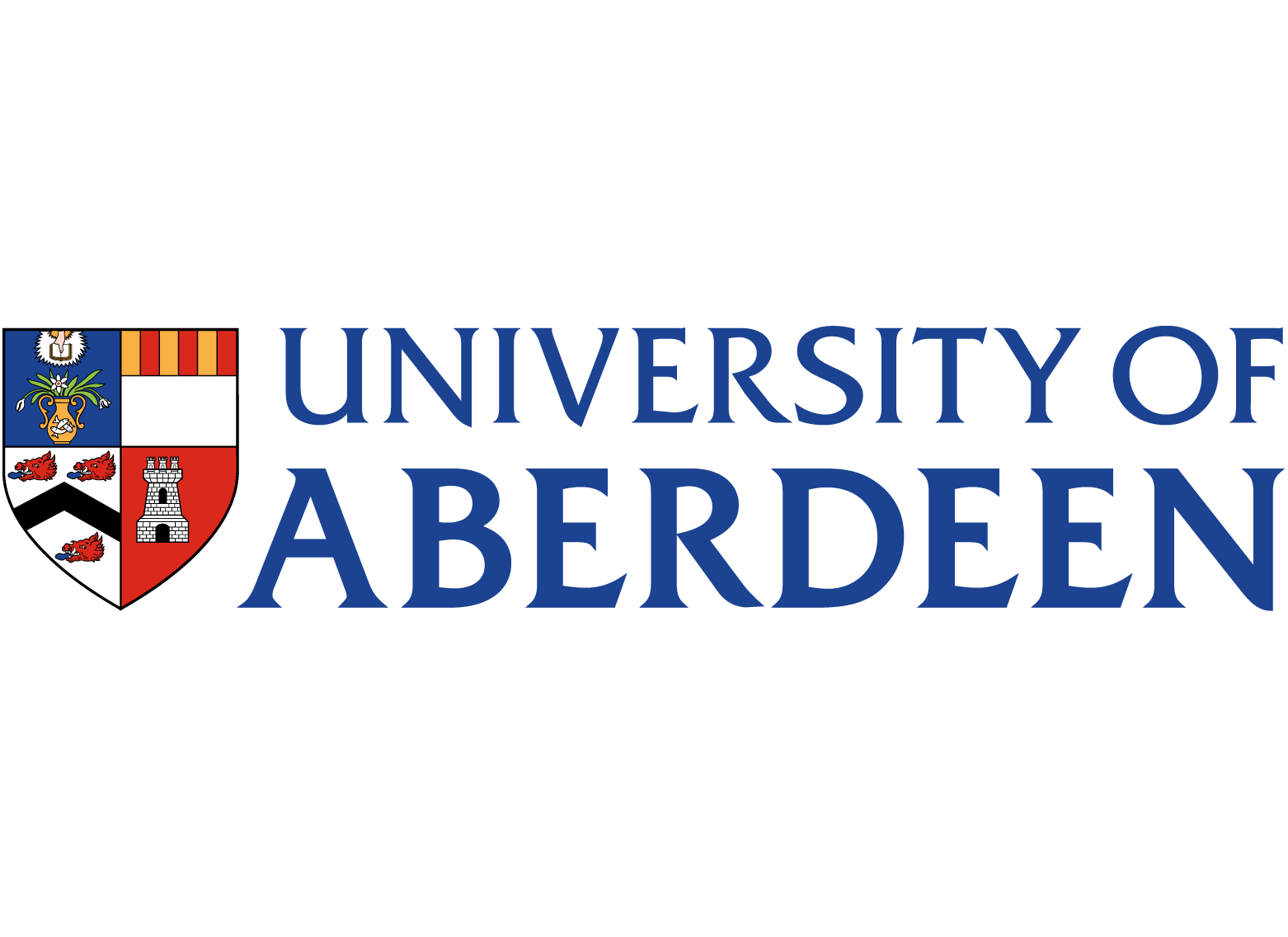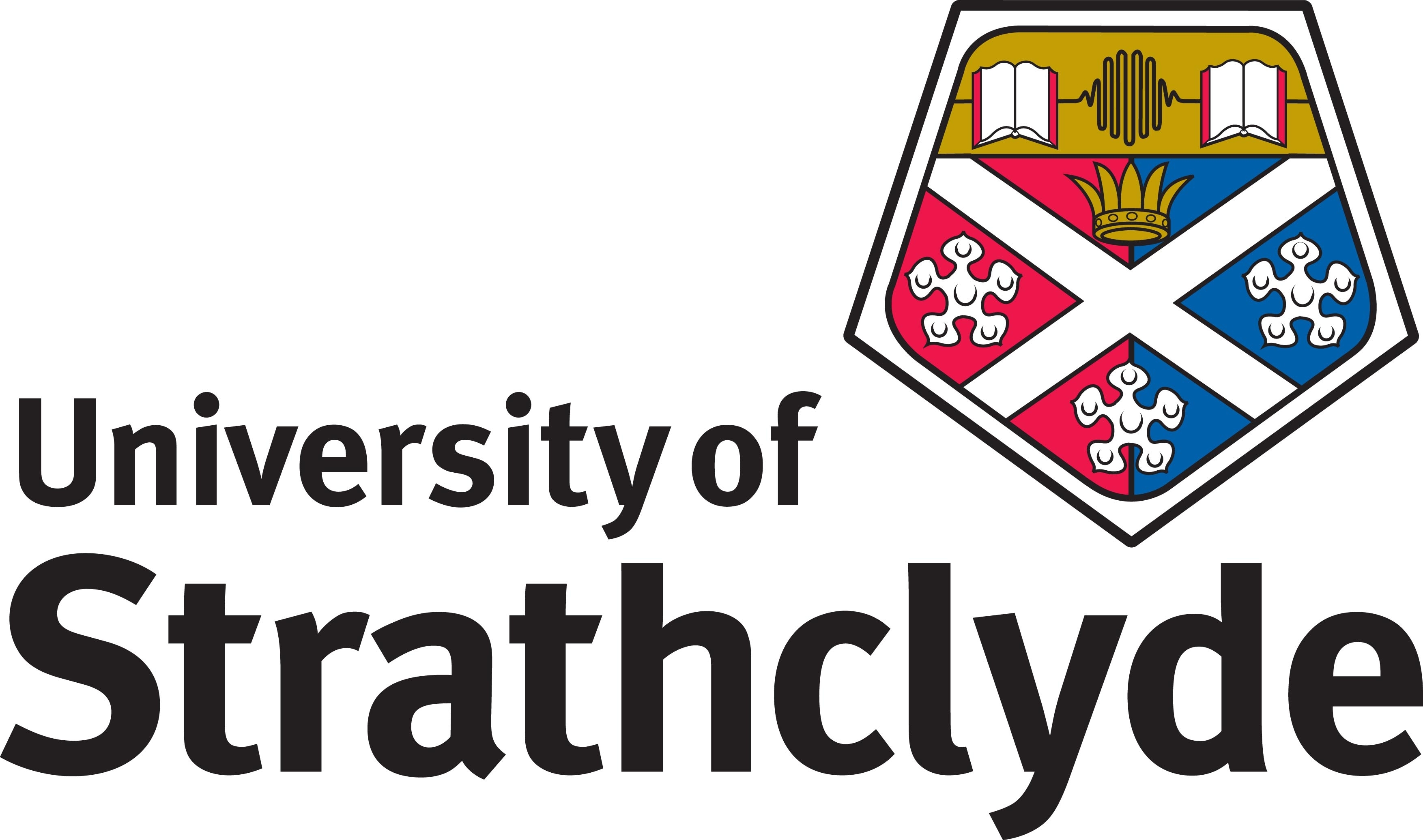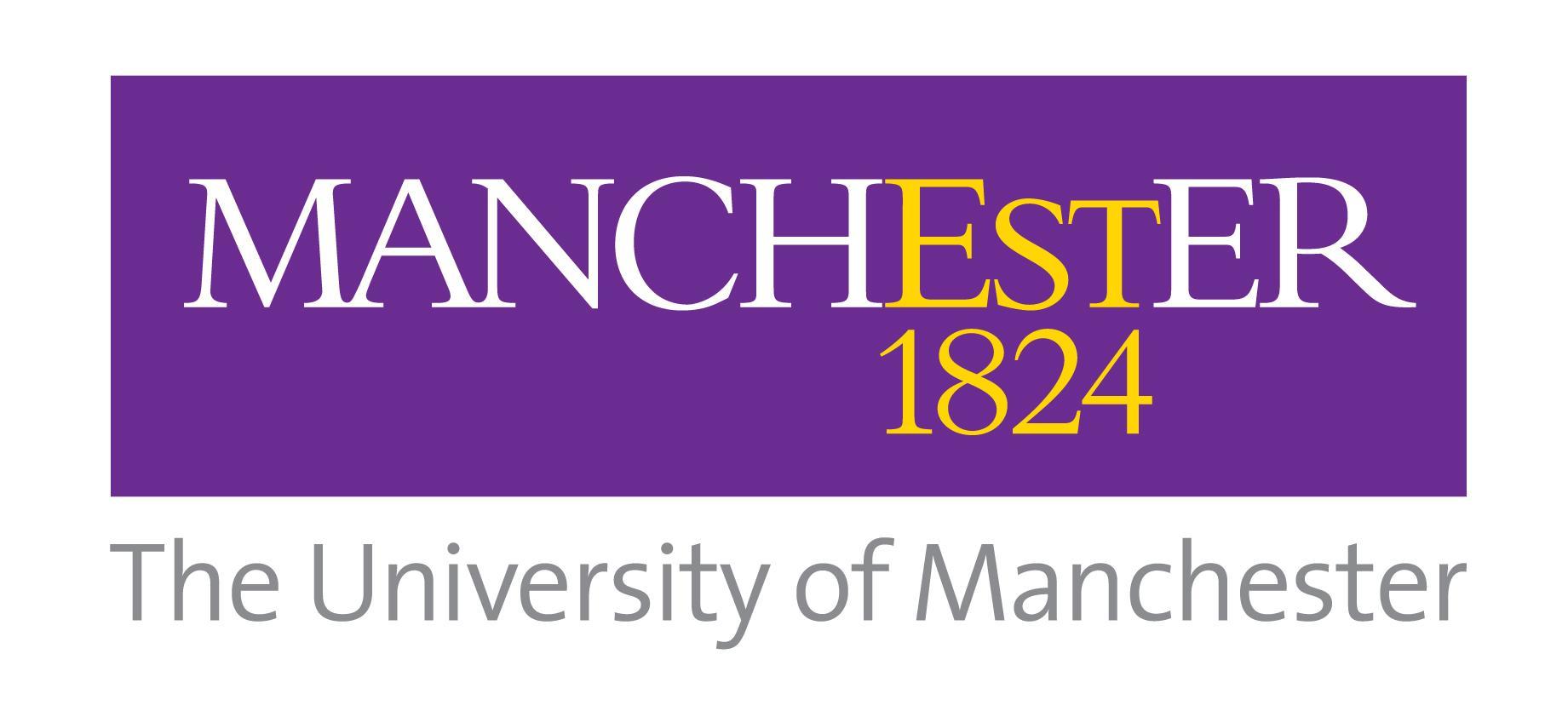This project aims to test the feasibility, both experimentally and numerically, of a novel concept for a robust wave energy converter (WEC) operating in the near-shore region. The converter uses a series of non-return valves, constrained by a tapered pipe, where the incoming wave builds up pressure in each compartment and finally drives a turbine onshore with the pressurised water. The device is ideal for remote communities in order to gain energy security and reduce dependence on imports. The device facilitates local engagement, and it is intended that local people are trained to perform the majority of maintenance tasks using low cost, readily available, parts. The objective of this work is to assess the feasibility of the WEC through physical testing which will provide base information to validate some of the initial numerical models.
